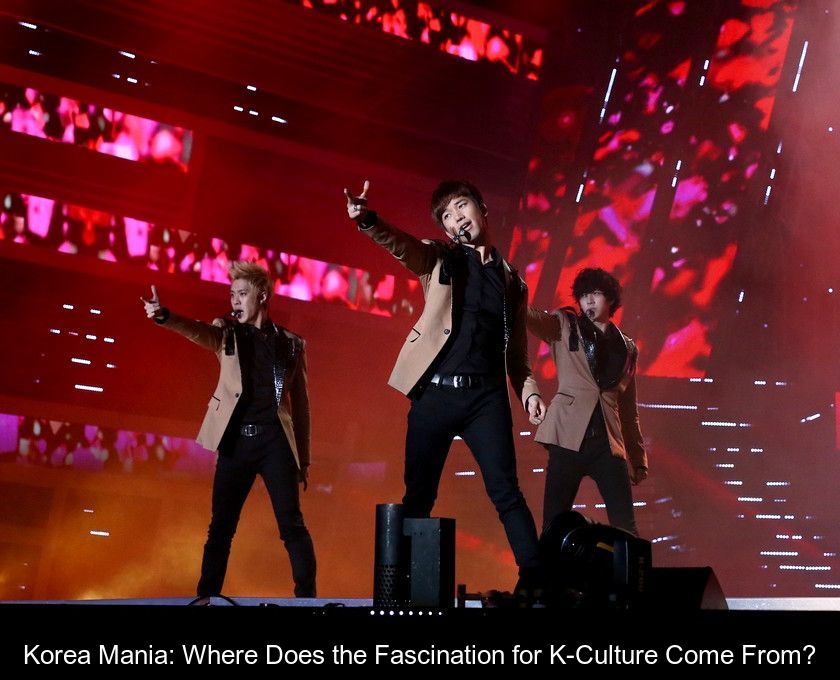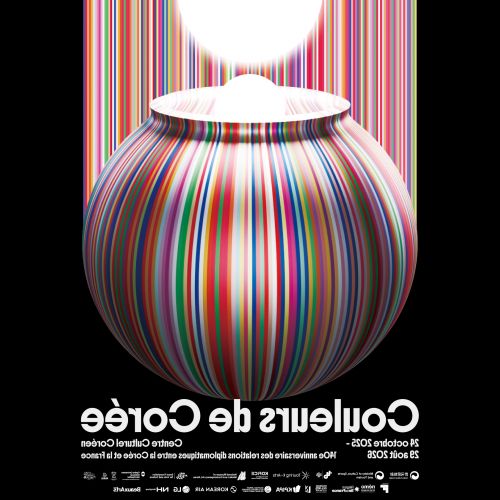Korea Mania: Where Does The Fascination For K-culture Come From?
In recent years, products and cultural creations made in Seoul have been flooding the globe. From the series Squid Game to the band BTS, South Korean culture, or K-culture, is triumphing everywhere. Here's a decoding of this Korea mania, also known as K-mania or Hallyu.
What are the origins of the Korean Wave?
It is quite astonishing that a country, brought to nothing by decades of Japanese rule and World War II, has managed to dominate in every sphere of global culture. Yet, this is the phenomenon we have been witnessing for the past three decades. From music to gastronomy, cinema, TV series, comics, and cosmetics, no sector seems immune to the "Korean wave"!
This phenomenon, also known as "Hallyu" (a Chinese-derived term meaning "Korean wave"), began in Asia in the 1990s. South Korea started to "massively export its cultural products," first to its neighbors, then to Central Asia, Africa, Latin America, and finally Europe.
According to experts, this desire to make their culture shine worldwide is a response to 35 years of Japanese occupation, from 1910 to 1945. Koreans have learned from this painful chapter of their history and have been driven by the desire not to be under the yoke of foreign powers again.
How has K-culture swept over the world?
It was around the turn of the year 2000 that this Korean wave began to gain momentum, following a government decision. In 1997, the South Korean president, noting that the film Jurassic Park had generated as much revenue as Hyundai, decided that his country should focus its efforts on the development of cultural industries.
South Korea then took inspiration from the United States and France to defend its culture and produce content capable of shining beyond its borders. The Korea mania truly began in the 2000s with K-dramas.
According to experts who have analyzed the Hallyu phenomenon, K-dramas paved the way for all other content from South Korea. These romantic comedies, full of positive messages and good feelings, were ideal for conquering Asian countries and avoiding all censorship in China and Muslim countries.
By the mid-2000s, the arrival of cable allowed the growth of advertising in South Korea. With the boom in revenue, Korean producers tried their hand at other genres such as thrillers, crime dramas, or adventure films. At the same time, K-pop expanded its global audience and doubled its sales. Already in 2012, this music industry was described by Time magazine as "South Korea's most profitable export."
From 2015, the Netflix platform, aware of the creative potential of this country, welcomed programs, series, or films made in Seoul. The global success of the Squid Game series on Netflix in 2021 is the culmination of a phenomenon that began several years earlier. This record-breaking series was watched by 130 million internet users in just three weeks and earned Netflix $900 million.
The same year, the superstar group BTS performed at the UN their song "Permission to dance." With this performance, the K-Pop group proved that it is a privileged instrument of Korean soft power. The seven young singers of the group also present themselves as "the special presidential envoys of the Republic of Korea".
What is the extent of the Korea mania?
During the 2000s, the entire world was introduced to South Korea through K-dramas and K-pop. The fascination with this country then spread to other areas such as Korean beauty (K-beauty) and Korean cuisine with its specialties...
Today, the K-mania shows no signs of stopping! Every day, Korea mania conquers new territories and gains more fans, thanks to a well-oiled cultural industry. This country, passionate about new technologies, brilliantly uses innovations and social media to extend its cultural influence across the globe.
Could Korea be becoming the new Hollywood? It certainly seems to be the new El Dorado, to the point that tourist attendance has skyrocketed in the Land of the Morning Calm. Between 1995 and 2019, the number of tourists in South Korea quadrupled.








